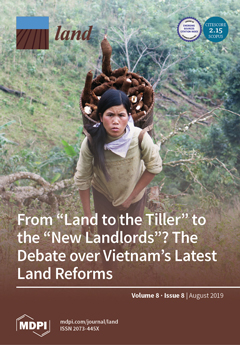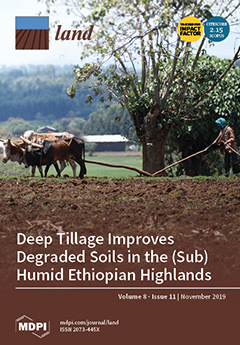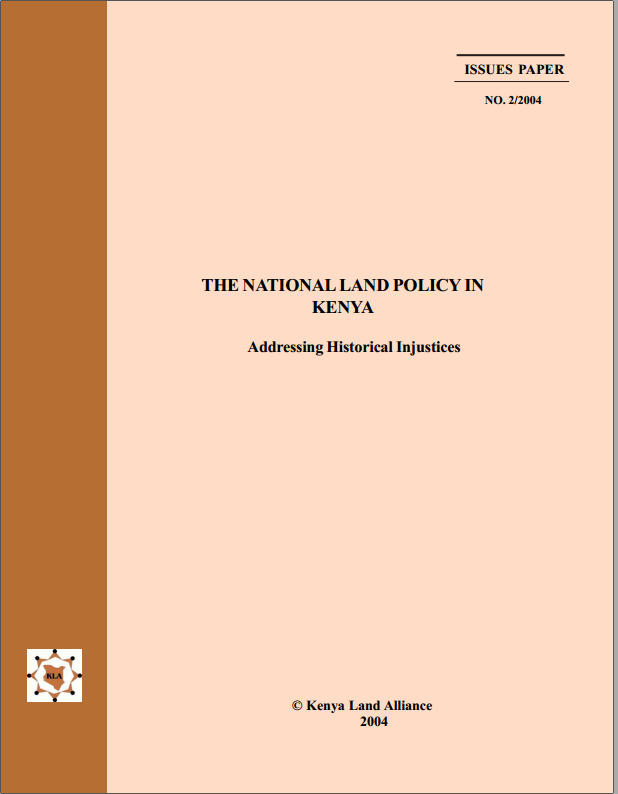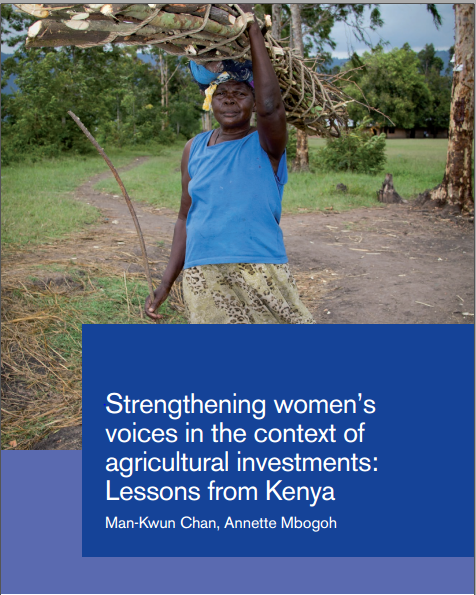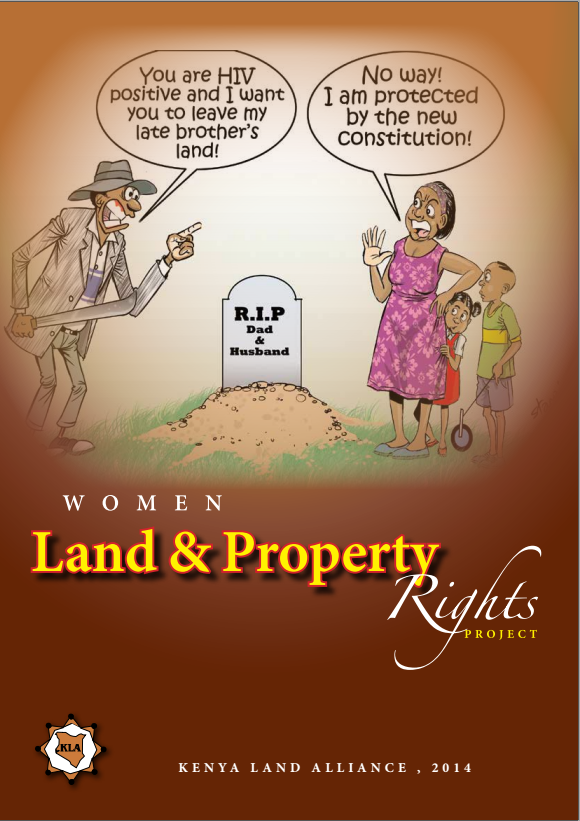Land tenure systems and their impacts on food security and sustainable development in Africa
This report is the first in a series of research studies that the Economic Commission for Africa (ECA) will produce with a view to improving the understanding of the links between land tenure systems and sustainable development in Africa. In a continent where 80 percent of the population relies on agriculture for their livelihood, the formulation and implementation of appropriate land policies is a paramount factor in poverty reduction strategies. Research is therefore needed to help policymakers take learned decisions when addressing land tenure issues.



